Necessary Light
It is Friday the 13th, probably too late in the day for this to post as 12/13/24, but that’s the date on which I am writing. I have been in a strange, estranged state of late. Not that I haven’t worked. At times I’ve worked obsessively. I made progress on the mystery novel, then I went back and began doing what I always do when I am anxious—rewriting pages that are already good enough.
I have not neglected my practice of writing a poem a week—as I’ve done every week since April of 2020—but the last few poems have felt like exercises. Nothing breaks out.
Rainy and windy days are especially difficult. Walking around the house, I find myself looking for where Pabu might be sleeping, find myself walking around a dog’s food dish and water dish, even though they are no longer there.
I rigorously avoid the news, then binge at 2 a.m. on political substack posts. I think it was Parker Palmer who said, “The mind awake at 2 a.m. is a deranged mind.” That would be my mind.
I decide to write down the titles of all the books I have opened and begun reading this late fall / early winter. I stop listing them when I get to 14.
Not all of this moody circling about is unrelieved. I have kept busy. Friends gift me their extra ticket to the Pacific Northwest Ballet Nutcracker. My daughter drags me to her K-4 school’s Christmas recital. An old friend says, “I’m blue, too, let’s go to the ocean.” (And, wow, does it help.) But I come home to the same difficulties I fled.
My husband has not been well. Nothing grave—just aging. And we’ve been bickering. I want him to slow down. He wants to keep doing everything he is accustomed to doing (installing a heavy door by himself, cleaning the roof of fir needles, driving after dark, etc.). I remind him that I, too, am aging, 68 (!). He cannot bully me to hold up my end of a door I do not have the strength to hold up. (He says, “You’re not aging! You’re young!”)
It has begun growing dark by 3:45, and I remind myself that I’ve always had difficulty this time of year.
I’ve been avoiding blogging—so much for my goal to do 52 blog reviews in 2024. (For this, I forgive myself.) On the 11th, which is the anniversary of Emily Dickinson’s birth, I thought it was time, and would take my mind off my mind. Well, I’ll do it on the 12th, I told myself yesterday. And now it is the 13th.
I read a friend’s substack. She sends me to a post on Radical Acceptance, which I badly need. I see that I’m behind in reading her posts—long, personal essays that ought to be collected in a book—and so I spend the afternoon reading all of her recent posts. I wish I could write something so personal, so dense with emotion and pathos and history. I wish I dared.
What exactly is it that I’m avoiding?
Two books I have been re-reading: Edward Hirsch’s splendid How to Read a Poem (Harcourt, 1999), and Patricia 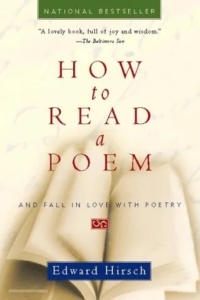 Fargnoli’s Necessary Light (Utah State Univ. Press, 1999). These, perhaps more than anything, help.
Fargnoli’s Necessary Light (Utah State Univ. Press, 1999). These, perhaps more than anything, help.
“Poetry puts us on the hook [Hirsch writes]—it makes us responsible for what we might otherwise evade in ourselves and in others. It gives us great access to ourselves.”
I wrote this passage into my journal on 16 November and didn’t add the page number. For the last hour, I’ve thumbed back and forth, back and forth through the pages and can’t find it. Plucking it from my journal, retyping it for you, offers a glimmer of understanding. I begin to imagine that I could write about what’s troubling me. It’s a first step.
Meanwhile, this poem from the luminous Patricia Fargnoli: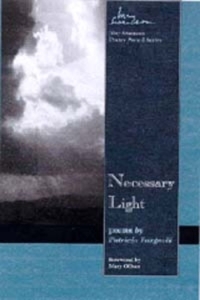
On Hearing of the Sudden Death of a Friend
The beach bristles with dead
and beautiful things:
slipper shells washed
full of sand,
broken blue mussels,
dried rockweed and kelp;
the sand itself, not the color
I think of when I say sand,
but specks: white finer
than salt, mica-shine,
dark brown,
pepper specks of black.
Beach plums line
the grassy path to the sea,
fuchsia and white,
full of show and radiance.
I’ve set a clam shell
on my writing table,
by the window
that looks over John’s Bay.
In slow-time here,
I am learning to look closely.
The shell has a tiny hole in it,
is limed white as bone.
When someone dies,
where does all
that energy go?
Where does thought go
and attention?
Where does radiance go?
Three sailboats, anchored,
are rocking.
One fishing skiff, white, far off,
motors away from me.—Patricia Fargnoli, Necessary Light
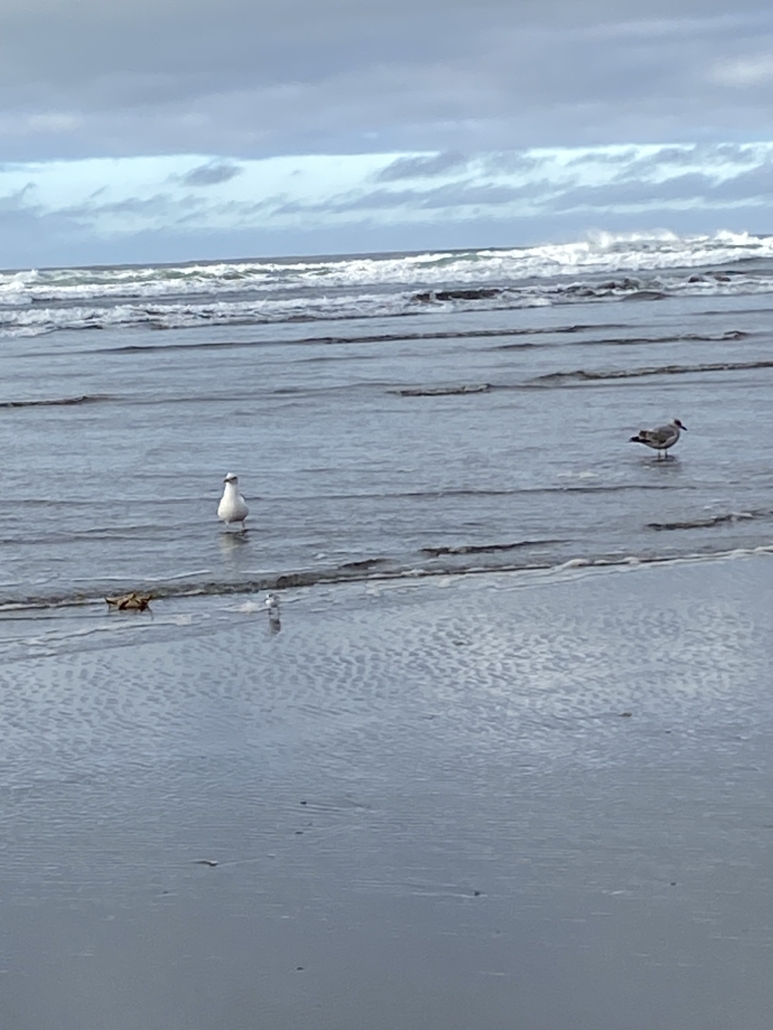
all photos by Bethany Reid

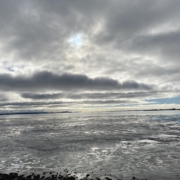

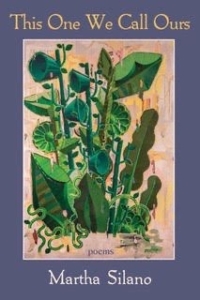 Before I forget, earlier this month I reviewed Martha Silano’s award-winning new book, This One We Call Ours, for Raven Chronicles. You can read the review
Before I forget, earlier this month I reviewed Martha Silano’s award-winning new book, This One We Call Ours, for Raven Chronicles. You can read the review  Kempton, maybe in March. I picked it up, to begin with, at my local library. After a couple chapters, I ordered my own copy and returned the library’s (with a hearty recommendation to the volunteer at the desk).
Kempton, maybe in March. I picked it up, to begin with, at my local library. After a couple chapters, I ordered my own copy and returned the library’s (with a hearty recommendation to the volunteer at the desk). What can I say about this wonderful book of writing advice from Susan Griffin, one of the leading eco-feminist writers of our time? Most of the chapters are quite short. Quoted passages from other writers punctuate the author’s chapters (some of my favorites, Grace Paley, Robert Caro, Le Guin). For instance:
What can I say about this wonderful book of writing advice from Susan Griffin, one of the leading eco-feminist writers of our time? Most of the chapters are quite short. Quoted passages from other writers punctuate the author’s chapters (some of my favorites, Grace Paley, Robert Caro, Le Guin). For instance: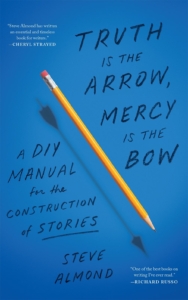 Comic? I liked it, well enough, but I let it get pushed aside by other books. Recently I picked it up again, and I’m so glad I did. I have called other writers and read passages aloud to them. (His stories about his children—Josie and the dread Babrika!—and about reading children’s books aloud, in particular.)
Comic? I liked it, well enough, but I let it get pushed aside by other books. Recently I picked it up again, and I’m so glad I did. I have called other writers and read passages aloud to them. (His stories about his children—Josie and the dread Babrika!—and about reading children’s books aloud, in particular.)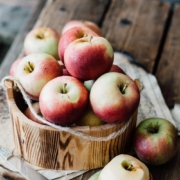
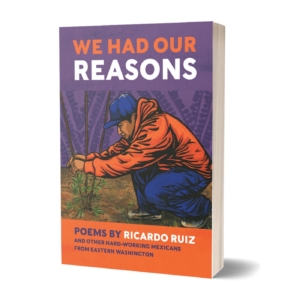 into my email-inbox—including from writers merrily chirping about new classes and life changing strategies for writing “your next best-seller!”
into my email-inbox—including from writers merrily chirping about new classes and life changing strategies for writing “your next best-seller!”

 marriage in one poem, and claim kinship with frogs in the next. Another riffs off Gerard Manley Hopkins’ “Pied Beauty,” beginning, “Praise God for damaged things.” Yes, life is messy, Doerper proclaims here, then offers praise “For mismatched mates and misdirected mail, / For bulbs of scarlet tulips, rising in a golden bloom, / For spackled spark of beauty in tender broken things…” It made me want to grab my pen and write my own poem for what’s broken.
marriage in one poem, and claim kinship with frogs in the next. Another riffs off Gerard Manley Hopkins’ “Pied Beauty,” beginning, “Praise God for damaged things.” Yes, life is messy, Doerper proclaims here, then offers praise “For mismatched mates and misdirected mail, / For bulbs of scarlet tulips, rising in a golden bloom, / For spackled spark of beauty in tender broken things…” It made me want to grab my pen and write my own poem for what’s broken.